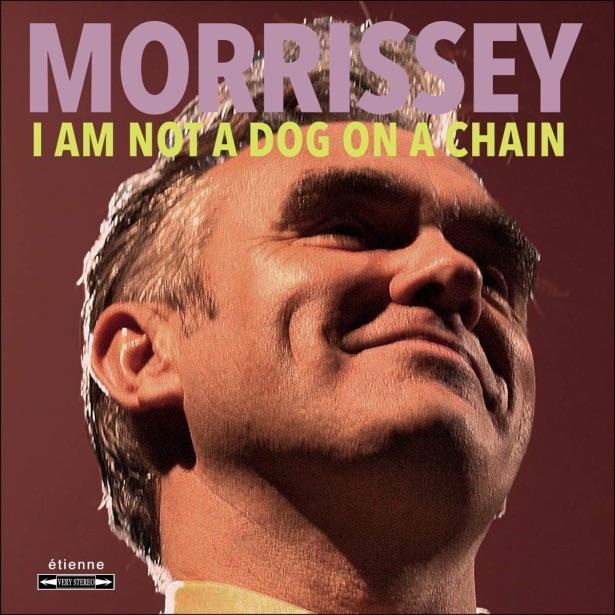
The fallen hero is back, whether you like it or not.
Whilst criticisms of Morrissey suddenly seem very churlish in these increasingly uncertain days, they still aren’t unfounded. His comments about Harvey Weinstein, his support for For Britain were the most deplorable to some his most ardent fans, yet it’s important to remember ‘twas ever thus: he doesn’t care what you think.
Morrissey has always been an outsider, throughout his thirty-five years in the spotlight always railing against the establishment. However, to quote Spinal Tap, it has resulted in his fanbase becoming ‘more selective’. His comments have also reignited the argument about separating a creative from their art. Unfortunately, he’s just made the debate even more complex.
His last release, 2019’s California Son, was a covers album, lending weight to the idea that he’d creatively run out of steam and as such was sliding into irrelevance, making the case for the prosecution easier. In classic contrary fashion, and as is his wont, Morrissey has in response come up with the most subversive album of his entire career.
He’s never been known for being especially experimental, although that’s a slightly disingenuous perception, each album containing splashes of colour (the mariachi on 2014’s World Peace Is None Of Your Business being a good example). But, I Am Not A Dog On A Chain is almost a complete overhaul of sound.
At first it’s disconcerting on opener Jim Jim Falls to hear his sullen tones over electronic hip-hop accompanied by more familiar use of pianos (this time much higher in the mix) and strangled guitar. Meanwhile, a synthetic orchestra adorns Love Is On Its Way Out, cheap Casio-esque keys and all, and the staggered electronic twinkle of Darling, I Hug A Pillow almost clashes against the typical subject matter (‘why can’t you give me some physical love?’), although the vocals are infrequent.
In fact, in another volte-face, the album is surprisingly lyrically-light. One doesn’t choose to listen to a Morrissey album for the instrumentation, but it’s clear a lot of effort has been put into the record, with a lot simmering beneath the surface: Once I Saw The River Clean has house music beats, keys and strings combining, and at points Stephen is nowhere to be seen. Similarly, on the frankly bizarre The Secret Of Music, it seems that the singer is accompanying breakbeats rather than the other way round. The song itself is a dirge, little more than him reeling off a list of instruments (including, hilariously, the bassoon) followed by a little solo of said instruments. It’s nearly eight minutes long, six minutes too much, although it does contain one pearler of an insightful lyric: ‘I delight to cause a fuss’.
On the lyrics, all usual bases are covered – contempt (‘If you’re going to kill yourself to save face, get on with it’); compassion (‘be careful in this knockabout world’) and self-absorption (‘maybe I’ll be skinned alive like Canada Goose because of my views’). Other familiar tropes occur, such as his annoying habit of the first line being the songs title, while closer My Hurling Days Are Done is one of those farewell numbers that frequent every one of his latter-period albums.
It’s an album of peaks and troughs, featuring both highlights such as the single Bobby Don’t You Think They Knows?, all chiming fuzz with Thelma Houston supplying attitude, glamour and bite, and the slinky, kind Knockabout World, but also rudderless tracks such as The Truth About Ruth, which tries to push itself in various directions but always ends up in a cul-de-sac.
So is Morrissey on a rich vein of form, with three albums in 30 months, or does he perhaps feel the hand of time upon his shoulder? Either way, it’s a prolific period that puts younger bands to shame (although given past form we can probably now expect a lengthy hiatus). In light of his reluctance to engage with the media, we won’t ever know for sure. One thing that is safe to presume is that he heeds the advice of this heroes more than ever:
‘There is only one thing in life worse than being talked about, and that is not being talked about.’ – Oscar Wilde.
Tricky one.


